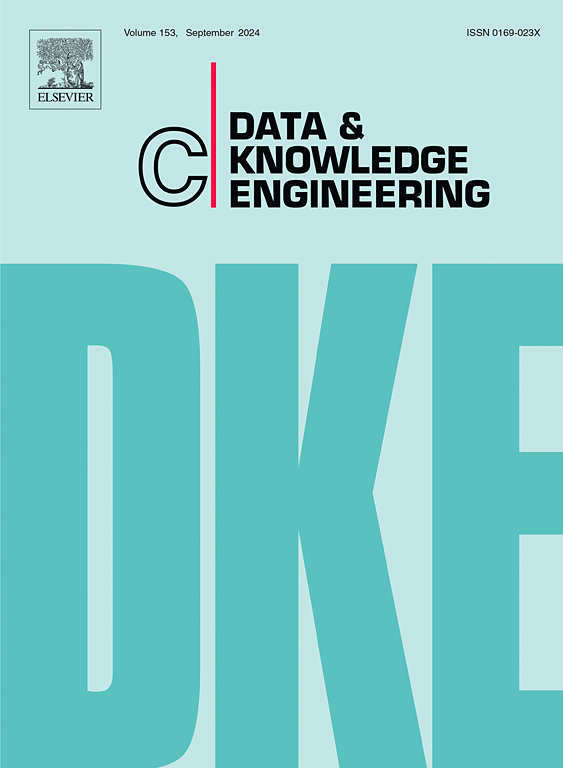揭开取消动力学:预测分析的两阶段模型
IF 2.7
3区 计算机科学
Q3 COMPUTER SCIENCE, ARTIFICIAL INTELLIGENCE
引用次数: 0
摘要
预订取消对酒店行业公司的业绩有不利影响。这一领域的大多数研究都考虑了预订是否会被取消的问题。考虑到行业的性质,了解取消的时间(何时)也很重要。回答这个问题的跨时间性质将有助于酒店制定适当的策略来适应这种变化。在我们的研究中,我们提出了一个新的两阶段模型,该模型使用各种统计和机器学习技术来预测取消的可能性(if)和时间(when)。我们发现,重要的预测因素包括平均每日房价(这是一个指标,表示每天已入住房间的平均租金收入)、到达月份、到达日期和交货时间。我们的见解可以帮助酒店设计定制的取消政策,并为客人提供个性化的服务和干预措施。本文章由计算机程序翻译,如有差异,请以英文原文为准。
Unveiling cancellation dynamics: A two-stage model for predictive analytics
Booking cancellations have an adverse impact on the performance of firms in the hospitality industry. Most of the studies in this domain have considered the questions of whether a booking would be cancelled or not (if). While useful, given the nature of the industry, it would be important to understand the timing of cancellation as well (when). Answering the inter-temporal nature of the question would help hotels to devise appropriate strategies to accommodate this change. In our study, we have proposed a novel two-stage model, which predicts both the likelihood (if) as well as the timing (when) of cancellation, using various statistical and machine learning techniques. We find that significant predictors include the average daily rate (which is an indicator of average rental revenue earned for an occupied room per day), month of arrival, day of arrival, and the lead time. Our insights can help hotels design bespoke cancellation policies and exercise personalised services and interventions for guests.
求助全文
通过发布文献求助,成功后即可免费获取论文全文。
去求助
来源期刊

Data & Knowledge Engineering
工程技术-计算机:人工智能
CiteScore
5.00
自引率
0.00%
发文量
66
审稿时长
6 months
期刊介绍:
Data & Knowledge Engineering (DKE) stimulates the exchange of ideas and interaction between these two related fields of interest. DKE reaches a world-wide audience of researchers, designers, managers and users. The major aim of the journal is to identify, investigate and analyze the underlying principles in the design and effective use of these systems.
 求助内容:
求助内容: 应助结果提醒方式:
应助结果提醒方式:


